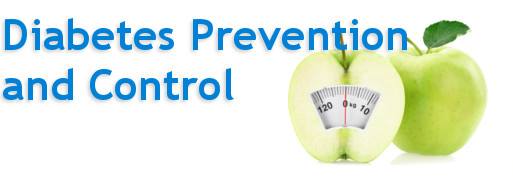One of the warning signs of Type 2 diabetes is excessive thirst. If this was something you noticed before you were diagnosed, you may be wondering what caused your thirst. Learning more about excessive thirst can help you better understand Type 2 diabetes, and also alert you so you are able to avoid developing one of the destructive complications associated with this form of diabetes.
When you have Type 2 diabetes, your body either doesn’t produce enough insulin, or doesn’t respond well to insulin. Scientists don’t know the exact cause of this – or why it happens to some people and not others. But they do know obesity is the main risk factor for Type 2 diabetes, and for most people, diabetes occurs when your pancreas becomes clogged with fatty particles. These particles damage the pancreas and make it so it can’t produce as much insulin.
Insulin has an important role in your body – it moves glucose (sugar) from your blood to your cells, where it can be used for energy. When there isn’t enough insulin or it’s not working right, there are two problems that happen. First, the sugar never makes it to your cells so your body doesn’t receive the energy it needs.
The other problem is the sugar builds up in your blood where it causes problems with many organs of your body. High blood sugar levels damage the blood vessels, eyes, and nerves, leading to serious diabetes complications. This is where the excessive thirst comes in. When sugar builds up in your blood, your kidneys start working hard to get rid of it so it doesn’t cause problems throughout your body. Your kidneys do this by pulling water from other areas of your body and making you urinate more often. This gets rid of the sugar – but it also makes you thirsty since you need to replace the fluid your kidneys are excreting.
Now you know what causes thirst in Type 2 diabetes, you can use your thirst as a way to monitor how well you’re managing your blood sugar. You’ll also check your blood sugar throughout the day, which is the best way to monitor your control of Type 2 diabetes. Through following a healthy meal plan, exercising, and possibly taking insulin and/or oral diabetes medications, you’ll be able to take control of your condition and make sure your blood sugar doesn’t get too high. This will help you get the energy you need from what you eat and avoid many of the dangerous diabetes complications.
